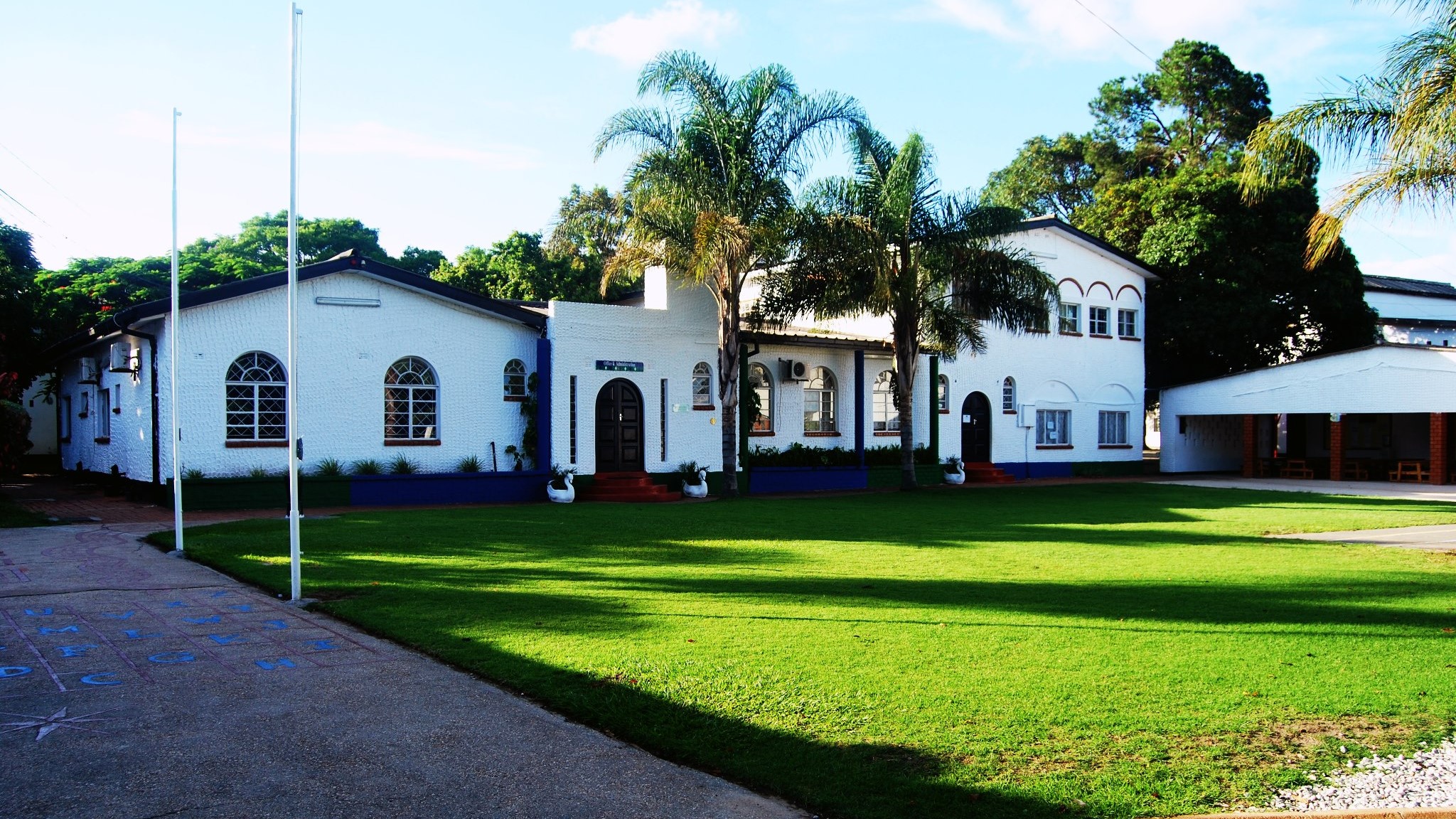Here is a list of notable international schools in Zambia, many of which offer globally recognized curricula such as the International Baccalaureate (IB) and Cambridge IGCSE.

Find the list below of best international schools:
American International School of Lusaka (AISL)
Location: Lusaka
Curriculum: IB and American
Highlights: A co-educational day school with modern facilities, serving students aged 3-18 on a 25-acre campusInternational School of Lusaka (ISL)
Location: Lusaka
Curriculum: IB and Cambridge
Highlights: One of the oldest international schools in Africa, offering a wide range of academic and extracurricular activities for students from nursery to diploma levelsBaobab College
Location: Lusaka
Curriculum: British
Highlights: A diverse community with strong academics and extracurricular programs. It caters to students aged 2-18Lusaka International Community School (LICS)
Location: Lusaka
Curriculum: British (Cambridge IGCSE and A-Level)
Highlights: Known for its focus on global citizenship and holistic educationBanani International Secondary School
Location: Chisamba
Curriculum: Cambridge
Highlights: A girls-only boarding school emphasizing leadership and academic excellenceFrench International School of Lusaka (Lycée Français de Lusaka)
Location: Lusaka
Curriculum: French National Curriculum
Highlights: Provides a bilingual environment with a focus on French education standardsSimba International School
Location: Ndola
Curriculum: Cambridge
Highlights: Offers a nurturing environment with strong academic and extracurricular programsChengelo School
Location: Mkushi
Curriculum: Cambridge
Highlights: Christian-based boarding school with a focus on leadership and outdoor educationLechwe School
Location: Kitwe
Curriculum: Cambridge
Highlights: Offers comprehensive education with emphasis on academic and personal developmentItalian School of Lusaka
Location: Lusaka
Curriculum: Italian and international standards
Highlights: A multicultural school offering a blend of Italian and global educational approaches
These schools provide a variety of programs catering to expatriate families and local students seeking international qualifications. For further details about admissions, curricula, and tuition fees, visiting the schools' official websites is recommended.
International school curricula in Zambia
The curricula offered by international schools in Zambia are diverse, aiming to meet the needs of expatriate families and local students pursuing globally recognized education pathways. Here are the common curricula found in these schools:
1. International Baccalaureate (IB)
- Schools: American International School of Lusaka (AISL), International School of Lusaka (ISL).
- Programs:
- Primary Years Programme (PYP) for younger students.
- Diploma Programme (DP) for high school students, focusing on critical thinking, research, and global awareness.
- Focus: Emphasizes inquiry-based learning and holistic development
2. Cambridge International Curriculum
- Schools: Chengelo School, Baobab College, Simba International School, Lechwe School, and others.
- Programs:
- Cambridge IGCSE (International General Certificate of Secondary Education) for secondary education.
- AS and A-Levels for advanced high school studies.
- Focus: Academic rigor with an international perspective, emphasizing science, humanities, and mathematics
3. American Curriculum
- Schools: American International School of Lusaka (AISL).
- Focus: Based on U.S. standards with a flexible approach to prepare students for U.S. colleges and universities. Often integrates aspects of the IB program for breadth
4. French National Curriculum
- School: French School of Lusaka (Lycée Français de Lusaka).
- Focus: French Ministry of Education standards, with bilingual options. Prepares students for French educational benchmarks and qualifications
5. Blended Zambian and International Curricula
- Schools: Rhodes Park School, Lake Road PTA School.
- Focus: Combines local Zambian syllabus for foundational levels with Cambridge or other international programs at higher levels
Key Features Across Curricula:
- Global Recognition: Curricula like IB, Cambridge, and French standards ensure that qualifications are recognized worldwide.
- Holistic Development: Schools emphasize extracurricular activities like sports, arts, and community service.
- Language Options: Many schools offer multilingual education, including English, French, and local languages.
For families deciding on schools, curriculum alignment with future educational or career goals is a key factor. More detailed curriculum information can be found on individual school websites.
Common fees at international schools
International schools in Zambia cater to diverse educational needs, offering curriculums such as the International Baccalaureate (IB), Cambridge International, and American systems. Below is an overview of tuition fees for some prominent schools:
1. American International School of Lusaka (AISL)
- Fees:
- Early Learning Center: $7,700 per year.
- Kindergarten–Grade 5: $18,950 per year.
- Grades 6–10: $21,800 per year.
- Grades 11–12: $24,800 per year.
- Additional costs include a $7,000 one-time admission fee and a $750 annual capital levy
2. Lusaka International Community School (LICS)
- Fees (per year):
- Primary: $10,760.
- Secondary (Year 7–11): $12,100.
- A-Levels: $12,260.
- There are additional charges for activities such as international trips and Cambridge examination fees
3. Baobab College
- Fees:
- Early Learning Center: $3,950 per year.
- Primary (Year 1–4): $9,202 per year.
- Senior College (Year 9–11): $11,018.73 per year.
- Boarding is available at $6,050 per year for full-time boarding
4. Banani International School
- Fees:
- Grade 5–7: ZMW 62,100 per year.
- Grade 8–9: ZMW 78,000 per year.
- A-Levels: ZMW 116,250 per year.
- Additional fees include a ZMW 6,000 uniform cost, ZMW 3,000 building levy, and optional activity charges
Key Considerations:
- Many schools offer payment plans (e.g., termly or monthly options).
- Discounts may apply for early payments or multiple siblings.
- Boarding fees, extra-curricular charges, and materials are usually separate from tuition.

